In the context of the International Day of United Nations Peacekeepers (29 May 2022), the UN Chronicle talks with Mr. Stéphane Jean, a Judicial Officer and Coordinator in the United Nations Department of Peace Operations, about his work and the Organization's renewed efforts to bring to justice perpetrators of crimes committed against peacekeepers, including the crime of murder.
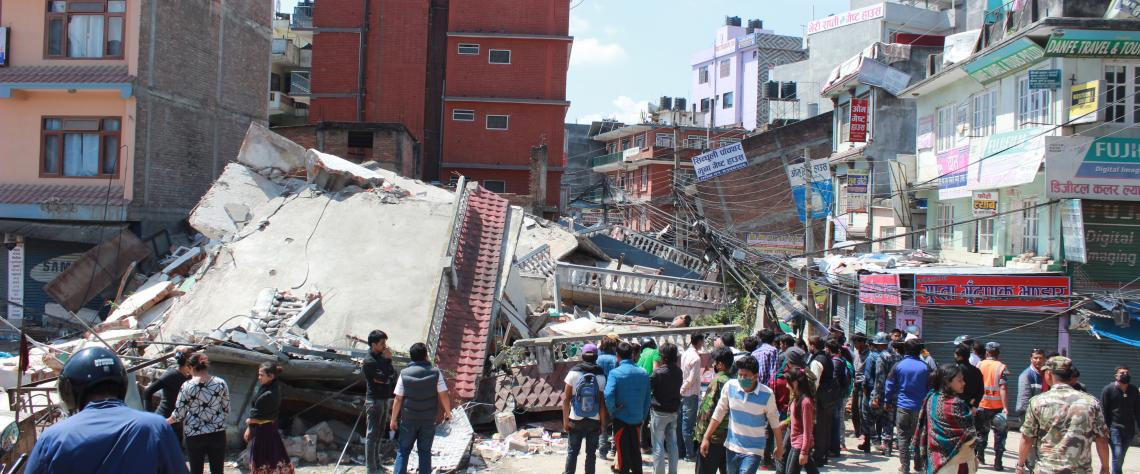
Progress in the Development of Globally Accessible Early Warning Systems: The Gender Dimension of Disaster Risk Reduction
Dilanthi Amaratunga
The impacts of hazard events are not gender-neutral. Women are often placed at greater risk through a lack of timely and relevant information about imminent hazards.
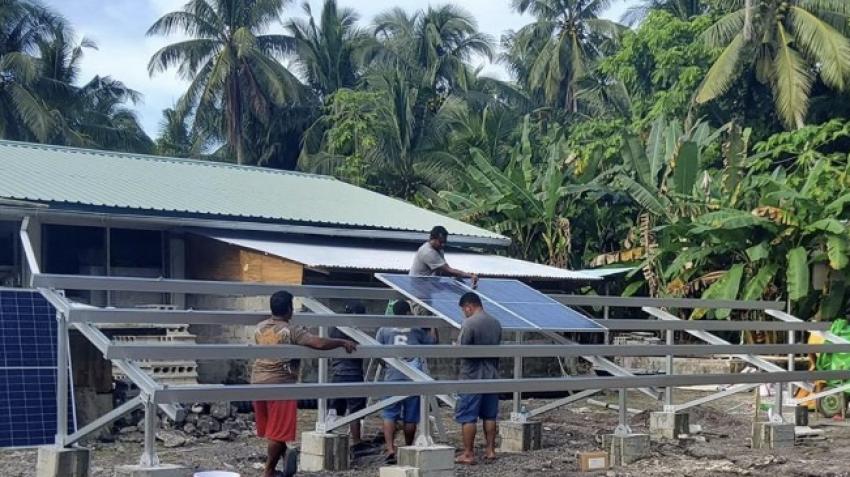
Our Words Are Not Enough—Only Bold Action on Renewables Can Help the Planet
Embracing new, renewable options can remove the global craving for fossil fuels and protect nations from the highly volatile ebb and flow of energy markets.
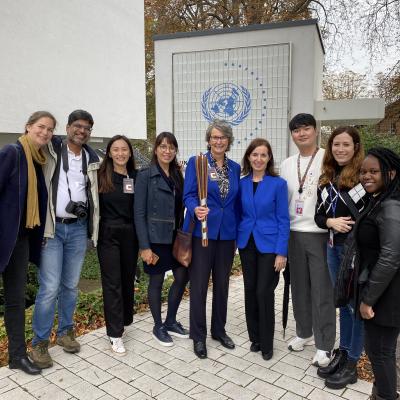
Message in a Baton: International Relay Approaches Sharm el-Sheikh Calling for Climate Education
Climate education is, without a doubt, critical to mitigating and adapting to the effects of climate change and building sustainable and resilient communities.
Most Popular
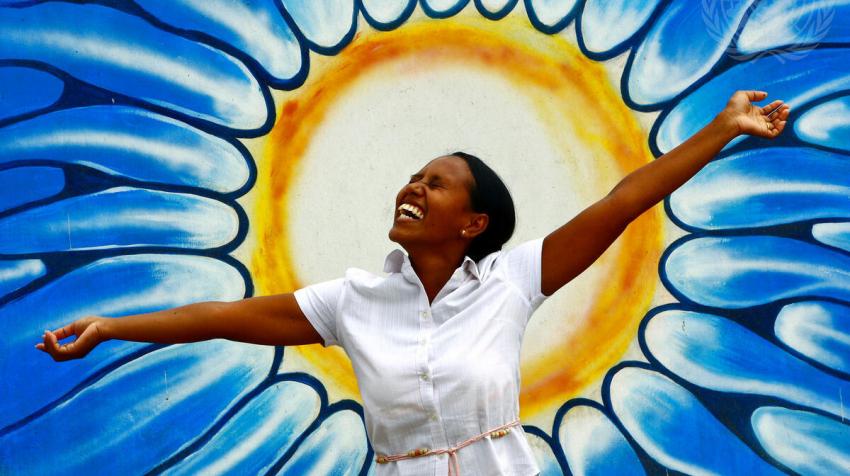
The State of Mental Health Globally in the Wake of the COVID-19 Pandemic and Progress on the WHO Special Initiative for Mental Health (2019-2023)
Although major advancements in our understanding of what causes mental health conditions and how to treat them have been made in the last 20 years, very few improvements in service coverage and quality have been made.
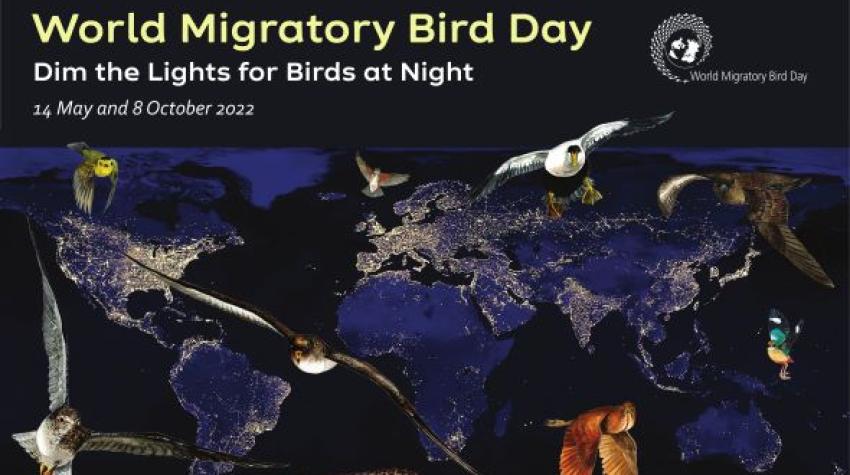
The Growing Effects of Light Pollution on Migratory Birds
Light pollution is the theme of this year’s World Migratory Bird Day (8 October 2022), a global campaign to raise awareness about migratory birds and major threats.
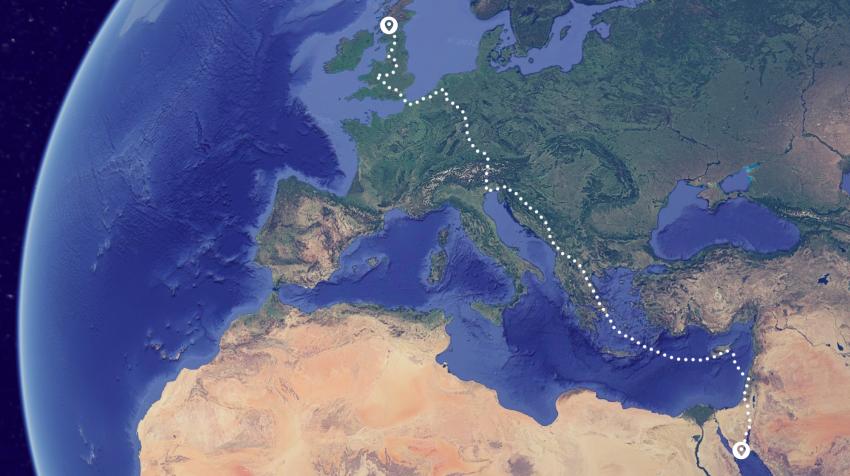
We Are Running Out of Time
This year’s United Nations Climate Change Conference—COP 27—will arguably be the most important climate conference of the decade. From 6 to 18 November 2022, world leaders gathering in Sharm el-Sheikh, Egypt must put words into action to hold the increase in global temperature to 1.5°C.
Also featured

Overcoming Babel: Why Translation Is Key to Lasting Peace and Development
As globalization flows into every corner of the virtual and physical worlds, and geopolitical and cultural tensions rise, accurate, professional translation mediates the potential cultural and language barriers in politics, national security and diplomacy, as well as between communities.
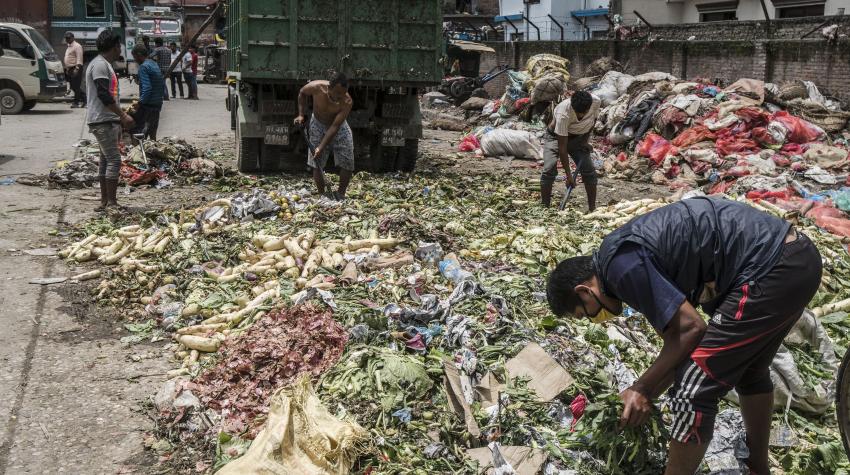
We Can All Help Reduce Food Loss and Waste
Food loss and waste (FLW) implies unnecessary pressure on the environment and the natural resources used to produce it in the first place. It essentially means that land and water resources have been wasted, pollution created and greenhouse gases emitted to no purpose.
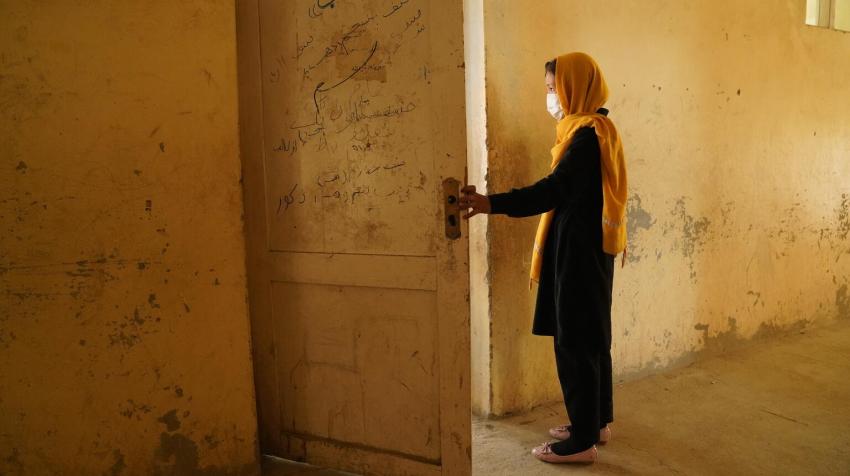
Let’s Recommit to Protecting Students, Educators and Schools from Attack
Education is fundamental, even during war. Access to learning can give children and young people the knowledge and abilities needed to contribute to their communities and economies—and the skills to resolve disputes and rebuild after conflict.
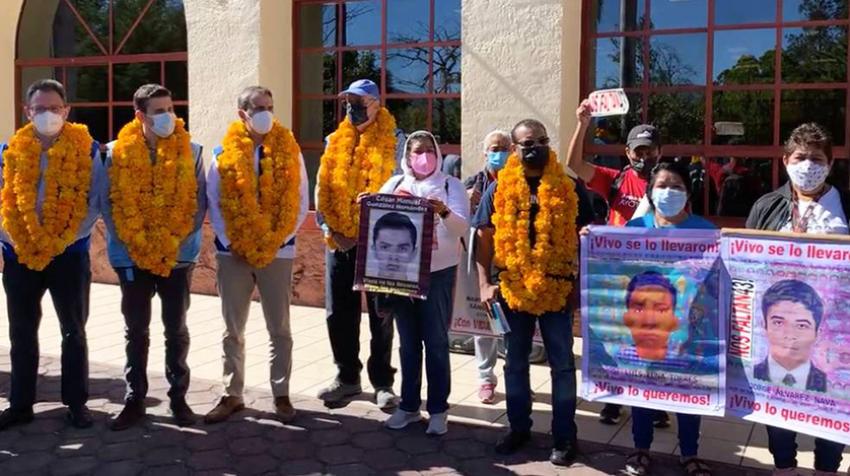
The Other Victims of Enforced Disappearance
Aside from the legal debate on the concept of the victim in an enforced disappearance and the lack of political will in many situations to fulfil victims’ rights, it is indisputable that the next of kin of the disappeared suffer as much and sometimes more than those who are no longer present.
Chronicle Conversations
Chronicle Conversation: Stéphane Jean, 18 May 2022
Youth Issues
The UN Chronicle interviews youth environmental activist Aditya Mukarji
Lyubov Ginzburg of the UN Chronicle interviews fifteen-year-old environmental activist Aditya Mukarji on the problem of plastic pollution and the first-ever United Nations Youth Climate Action Summit. 22 September 2019, New York
Legacy Showcase

Sport Aims for the Goals
It is well known that physical activity improves personal health and well-being, but the benefits of sport to society are less apparent. This issue of the Chronicle explores the ways in which sport can enable individuals and communities to build a stronger, more harmonious world.
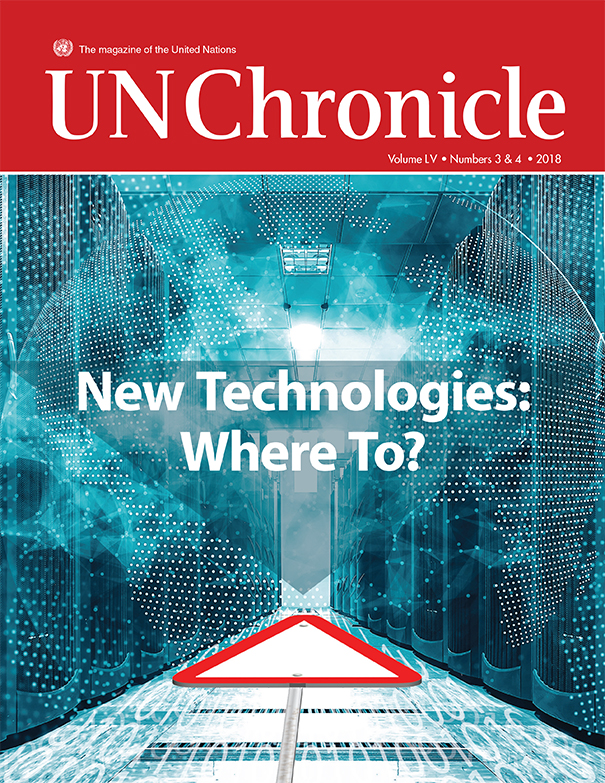
New Technologies: Where To?
This issue focuses on new technologies and their potential benefits for humanity as well as their expanding use in advancing the 2030 Agenda. It explores the promise of our digital age, while posing important questions about where these technologies are leading us, and how their misuse could also lead to increased inequality and conflict.
About the UN Chronicle
The UN Chronicle, produced by the United Nations Department of Global Communications, has served as the Organization’s flagship magazine since 1946, providing authoritative information and debate on the activities of the larger United Nations system. Learn more...







